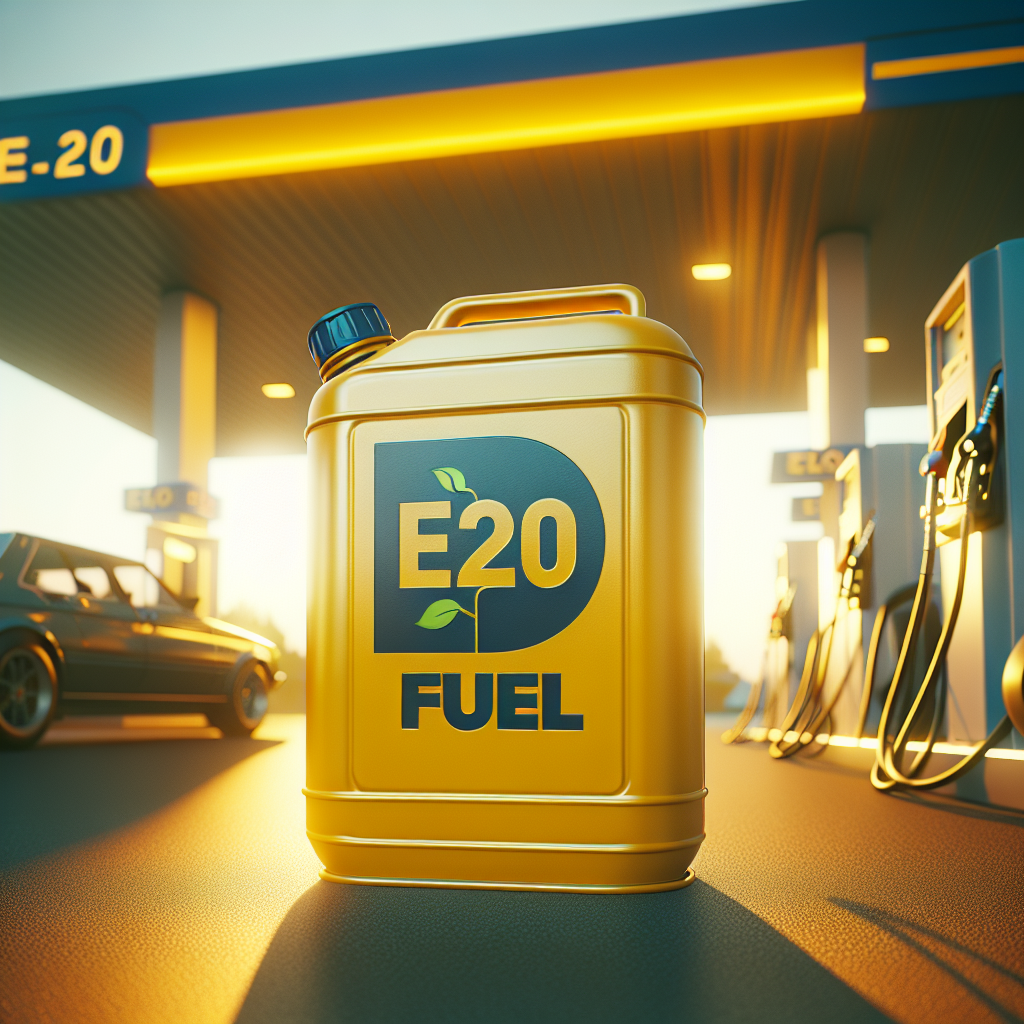E20 Fuel Backlash: India's Drive Toward Ethanol-Infused Energy Meets Consumer Resistance
The Indian government faces criticism over the nationwide switch to E20 fuel, a blend with 20% ethanol. Amid concerns about its effect on older vehicles, car manufacturers offer mixed responses, escalating public unrest. This move aligns with India's clean energy goals, but consumer pushback mounts as legal challenges emerge.

The introduction of E20 fuel in India has sparked widespread opposition from motorists concerned about its impact on vehicle performance, especially for older models. The government's objective is part of a broader clean energy drive, but the rollout has led to friction with consumers over vehicular compatibility.
India's fuel stations now predominantly offer E20, sidelining older, more vehicle-compatible blends like E5 and E10. This shift has prompted a consumer backlash, fueled by automotive industry confusion and government statements acknowledging potential efficiency drawbacks for older cars.
With lawsuits progressing to the Supreme Court, the automotive and fuel sectors face heightened scrutiny. Amid conflicting automaker advice and government assurances, consumer discontent persists, questioning the balance of green initiatives versus consumer rights.
(With inputs from agencies.)










